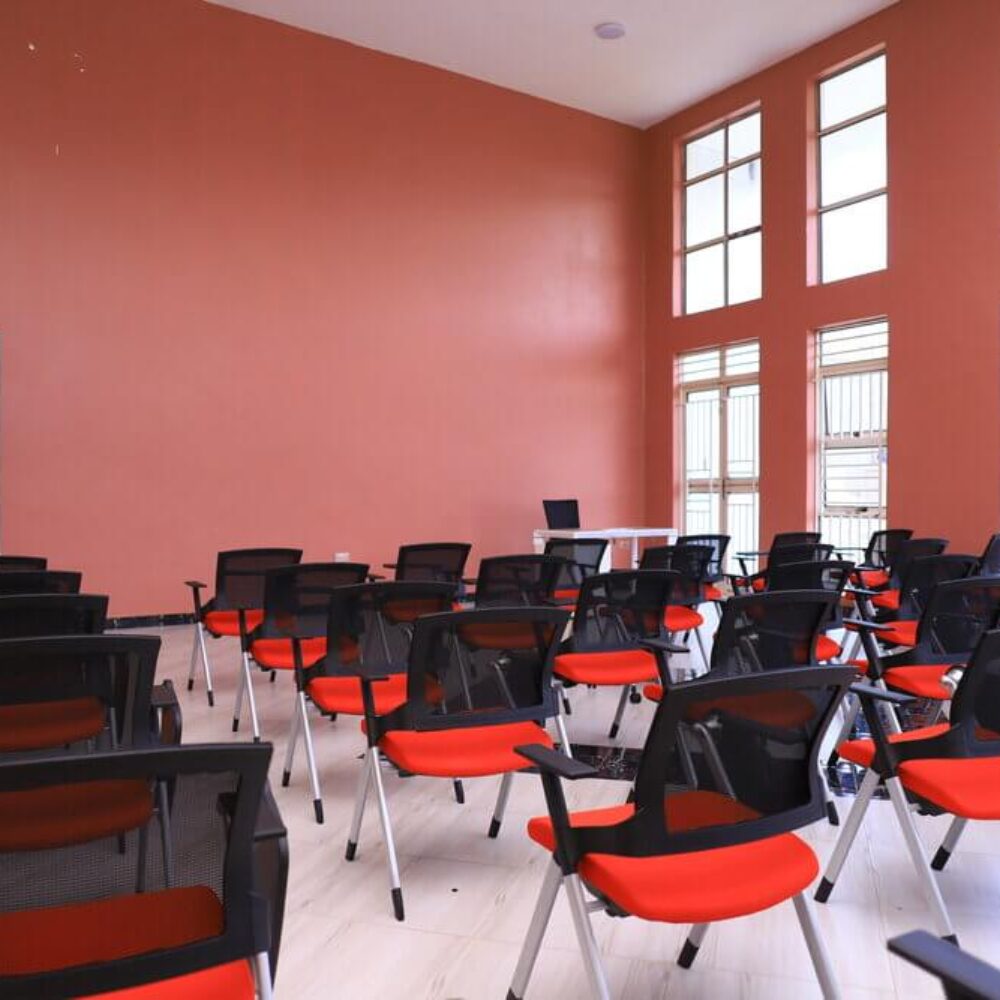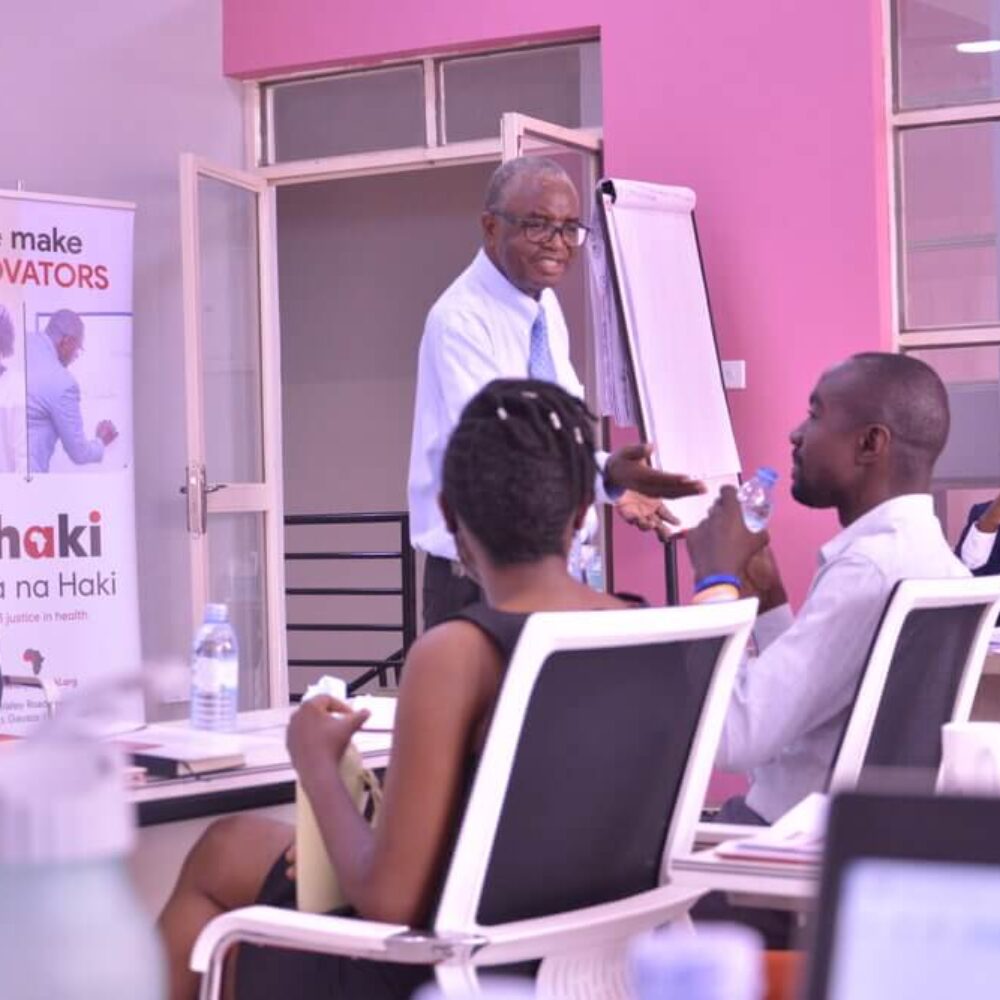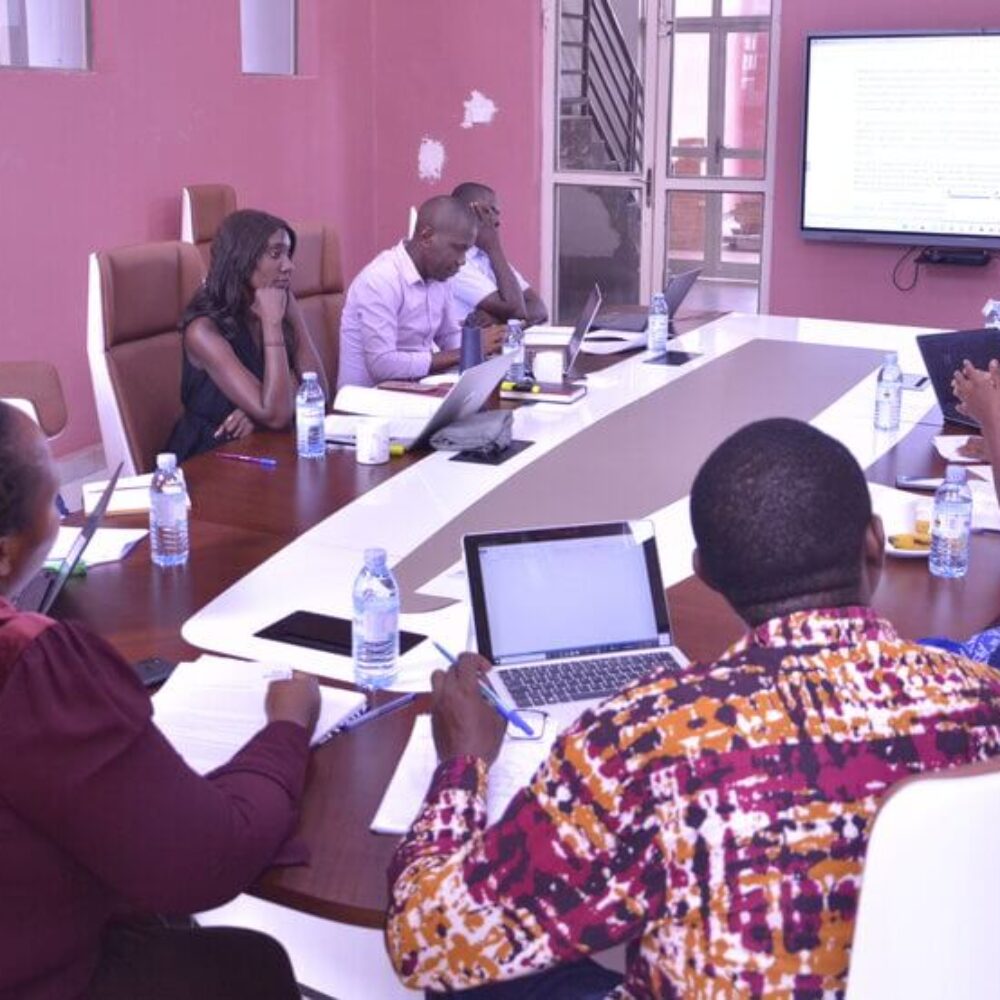Addressing AI-Generated Infodemic: An Africentric Approach to SRHR in the Digital Age
‘‘Swipe left on misinformation, swipe right on facts; In a fast-evolving AI world, flooded with digital chatter, let’s be fact checkers!’’ Adanze N. Cynthia
In today’s technologically advanced era, Artificial Intelligence (AI) has emerged as a game-changer in putting a treasure trove of data at our fingertips with just a click away. While the internet has revolutionised access to information, it has also become a breeding ground for misinformation and targeted disinformation, particularly in Africa, where mobile phone use has surged. Access to vital healthcare services and the perpetuation of harmful myths are two potential outcomes of this “infodemic”—a term for an excess of false or misleading information that is currently being fuelled by the constant evolvement of different AI platforms. AI has both positive and negative aspects, and this is where it becomes problematic and can comfortably be depicted as a double-edged sword.
With the help of AI, fake photos, texts, and videos can spread quickly, swaying public opinion and creating false narratives. Despite AI’s great promise for SRHR data that is both accurate and culturally sensitive, it also can be weaponized to spread misinformation at a frightening pace, which impacts people’s decisions about their healthcare, healthcare providers, and government policies. In the African context, infodemics regarding sexual and reproductive health often take the form of misinformation regarding contraceptives, and Comprehensive Sexuality Education (CSE), as well as the promotion of pseudoscientific treatments for infertility, Sexually Transmitted Diseases (STDs), and other reproductive health concerns that lack scientific evidence.

These fabricated contents can spread quickly on social media, reaching large audiences before the truth can catch up. Serious repercussions may ensue for African communities that are already battling stigmatised and stereotypical access to sexual and reproductive health services.
In addition, it is possible to influence AI algorithms in such a way that they form “echo chambers,” or groups of people who only see content that supports their preexisting views; this can lead to the further consolidation of false beliefs. Not forgetting issues of cultural sensitivity, since general AI models might not take into consideration the wide variety of African cultural contexts, leading to results that are inappropriate or irrelevant from a sociocultural perspective.
An Africentric Approach to the Problem
A solution rooted in Africa’s distinct context is essential for effectively combating AI-generated infodemic on SRHR in the continent. A multi-faceted plan for Africa, crafted by Africans, that takes into account socio-cultural sensitivity, community involvement, and local knowledge is required by this Africentric approach. Several steps are possible with this solution;
Empowering African communities with the means to independently verify claims is one example of how to approach this problem. It is crucial to promote media literacy and instil a culture of fact-checking every piece of information put online, particularly when it comes to information about sexual and reproductive health and rights (SRHR) and young people.
Fashioning SRHR information resources that speak to local values and traditions is another important approach. Using indigenous languages, responding to community concerns, and collaborating with local influencers to disseminate truthful messages should be prioritised.

Ownership and trust can be enhanced if more African media experts and bloggers dispel myths and promote positive narratives and facts about sexual and reproductive health rights (SRHR) and the risks of cultural practices like child marriage, female genital mutilation, and gender-based violence in their native languages.
Participation from the local community is also crucial in meeting this problem. The African tradition of community living principles like “ubuntu” and profound reverence for our religious and cultural elders are foundational to the African way of life. To combat misinformation and establish themselves as reliable sources of SRHR information, local healthcare providers, religious leaders, and community organisations should be empowered and given the authority to do so.
Young people from all walks of life are interfacing with AI, thanks to the industry’s meteoric rise. The credibility and trustworthiness of SRHR information can be enhanced by collaborating with African health experts and researchers to validate and authenticate it. To a lesser extent, African governments should work to prevent the brain drain of African AI experts to Europe and North America by providing them with secure environments, competitive salaries, and a variety of respectable employment opportunities.
Lastly, models can be generated using AI that can gather and analyse massive amounts of data from different social media platforms regarding how Africans feel, think, and perceive SRHR. Policy advocates can use the findings from these data sets. By analysing this data, we can identify gaps, where people are misunderstanding things and how to dispel these myths and misconceptions. We can also use social media to combat the SRHR infodemic and spread positive African narratives that support SRHR. In doing so, we would be leveraging the same social media to address AI-generated SRHR infodemic spread in these same spaces.
Even better, these can assist African governments in developing, implementing and enforcing data protection, usage, and governance laws that can hold defaulters accountable.
At this point, it is indisputable that AI is here to stay and is shaking up a lot of processes as well as transforming how we operate in many areas. While the problem of infodemics created by AI is complex, it is not impossible to solve. To ensure that all Africans have access to accurate SRHR information, we must embrace and prioritize an Africentric approach that places a premium on cultural understanding, contextual solutions, and community engagement and leverages the positive use of technology.

A healthier future for the continent especially for young people can be achieved when Africans are empowered to make informed decisions about their sexual and reproductive health.
The digital age is here to stay, and artificial intelligence (AI) is the magic carpet that will catapult us into the future. Rather than cowering in fear of the impending technological storm, Africa should seize a lightning rod and use its power for good. We have to train to be Afronauts, exploring the digital universe with an Africentric set of skills. We must equip ourselves with the ability to verify information and think critically to discern truth from misinformation as we navigate this digital frontier. Together, let’s embrace AI not as a challenge, but as an opportunity to thrive and lead in the digital age. Africa, it’s time to fact-check, tech-flex, and own our narrative in the age of AI-powered SRHR!
This article was written by Adanze Nge Cynthia, a public health specialist and a Ph.D. research fellow at Afya na Haki.








